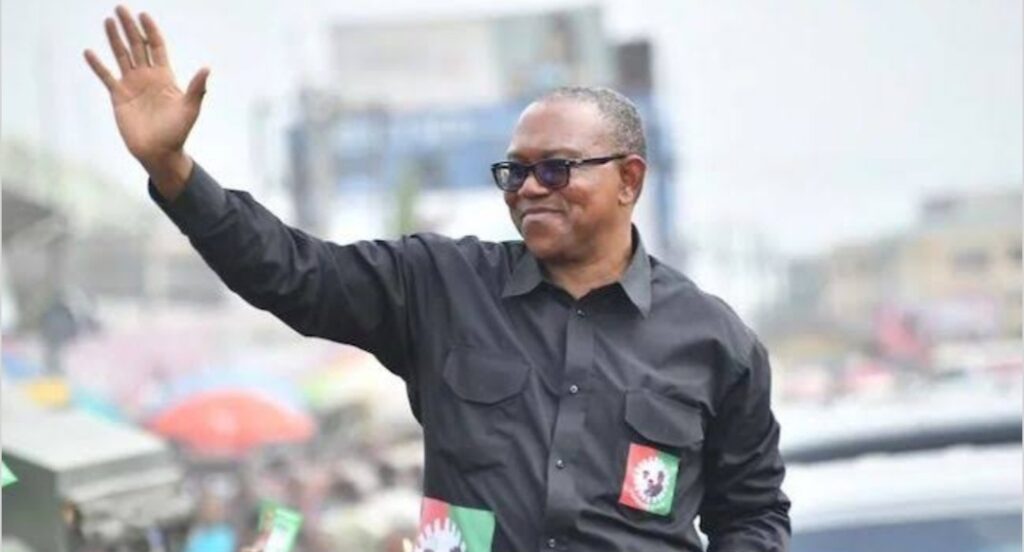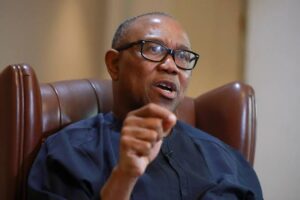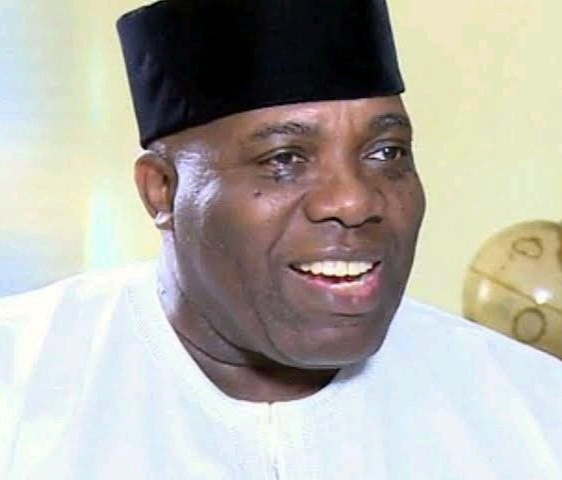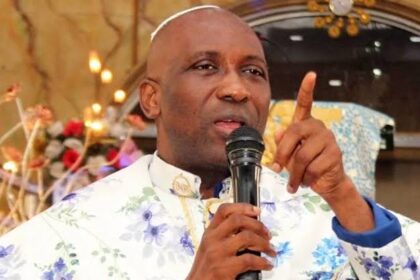Former presidential spokesperson, Dr. Doyin Okupe, has declared that he would not support Peter Obi, the former governor of Anambra State, in any future political campaign. Okupe’s decision comes after he took offense at remarks Obi made, which he perceived as disrespectful to the Yoruba people.
This marks a significant shift in position for Okupe, who previously served as the director of Obi’s presidential campaign in the last election.
The tension between Okupe and Obi began when a clip surfaced in which Obi discussed the economic challenges facing Nigeria, particularly the rising cost of basic goods.…CONTINUE READING


Obi pointed out, “Let us talk about what is happening today. Rice is about N100,000. We are not even sure where we are going to be. ‘It’s our turn’, ‘he is a Yoruba man’—ask the people in Ogun, here is there any place you people buy bread cheaper?”
Okupe, visibly dismayed by this statement, voiced his concerns during an interview on Politics Today, a program on Channels Television. “When Obi made that statement, it insulted us. I am a Yoruba man; I left everything and followed Obi,” he remarked. “For the first time, Obasanjo left his circle of influence and deviated to support Obi.”
Okupe clarified that, although he does not regret his past support for Obi, he now feels unable to back him in the future. “I do not regret supporting Peter Obi. But now I cannot do it again. The reason why I did it was because we agreed that a southern president must emerge,” Okupe explained. “If all these eminent Yoruba people supported you, why now bring us down publicly? It is wrong.”
Despite his disappointment, Okupe emphasized that he holds no personal animosity toward Obi, acknowledging his role in Obi’s political growth. “I cannot hate Peter Obi; I am sentimentally attached to Peter Obi. Peter Obi was my project, and I am part and parcel of those who built Peter Obi up,” Okupe said, adding, “I can’t publicly denigrate that or bring down that house.”
However, he stressed the importance of speaking out against what he considers an unjust portrayal of the Yoruba people. “When the sensibilities of some of us are affected, especially when it becomes a zonal matter… I am an elder statesman and primarily a Yoruba man. If I cannot speak the truth at my age, then there is no point to live.”




